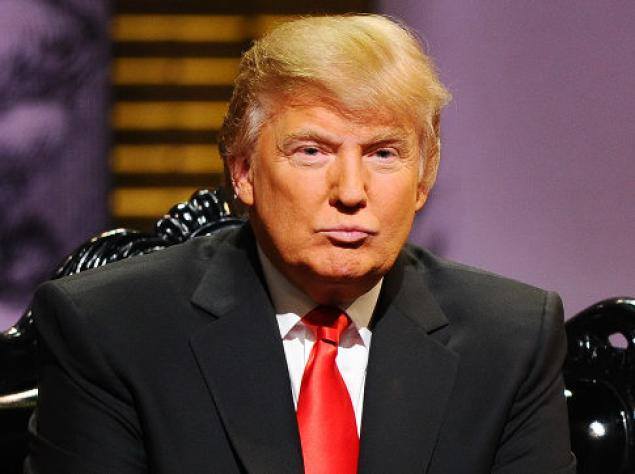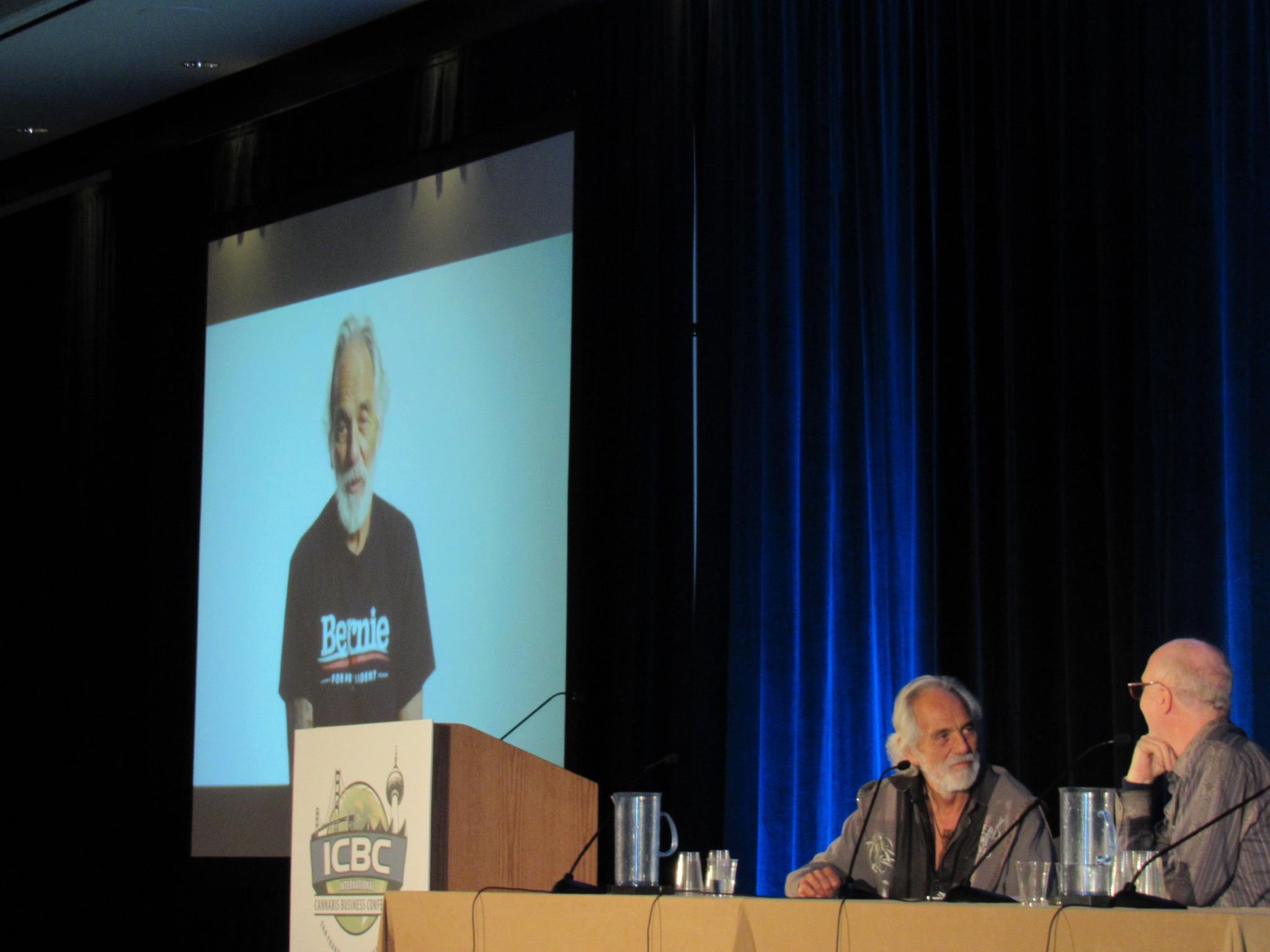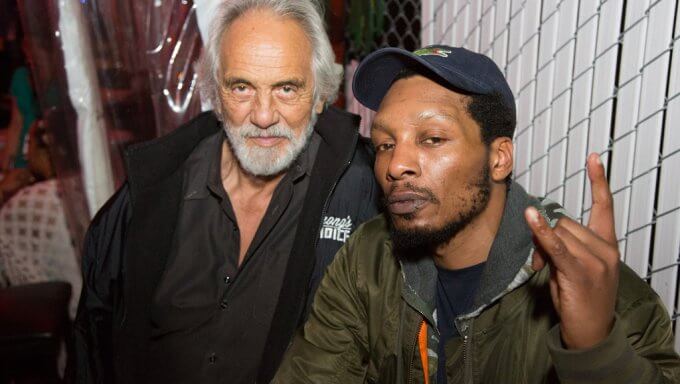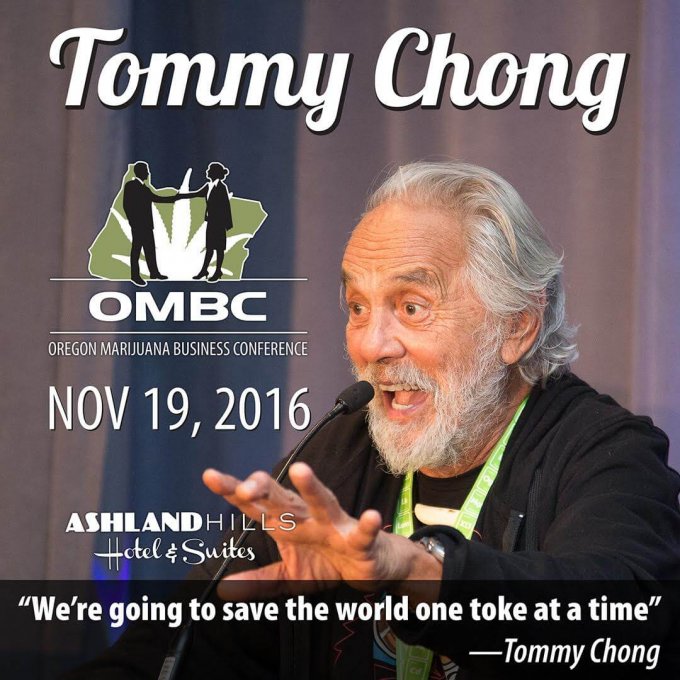For someone new entering into the cannabis world, a person doesn’t go too long before they will hear the phrase, “standing on the backs of patients”. That’s because we as a country are at a critical moment in time in which we must negotiate the space between a community of people who need cannabis as a medicine, viewing it from a health-based lens, and those who would risk their personal freedoms and assets in the unusually risky entrepreneurial gamble of the cannabis industry.
As is clear to anyone paying attention in US politics in the last 7 years, finding a political balance between public health needs and the financial interests of the private sector is tricky business. But this is the exact moment in time in which all stakeholders should be coming to the table to find effective and meaningful solutions.
Unfortunately, in many ways, the old system for medical cannabis in Oregon has been revamped, and what will happen next remains to be seen. Overall plant numbers per Oregon Medical Marijuana Program (OMMP) grow sites have been restricted, but patients can still cultivate for themselves if they are able (with an unlimited number of seedlings now) and purchase products tax-free at dispensaries. But the poorest patients unable to cultivate cannabis, or find someone to cultivate for them, are being deprived safe access. Oregon has a golden opportunity to become a national political model that supports both patients and a strong industry. Establishing a low-income patient program, until healthcare providers and insurance companies fully integrate medical cannabis (like Germany is implementing) is definitely needed in Oregon (as well as every medical cannabis state).
Americans for Safe Access, an international organization focused solely on medical cannabis advocacy, recently created a report card of state medical cannabis laws and the degree to which policy meets the needs of patients. Executive Director Steph Sherer points out the laws fail to adequately support patient needs pretty much everywhere, but the coalition of change agents is growing:
“‘Medical cannabis laws are moving in a positive direction, but only a handful of the forty-four medical cannabis states are truly meeting the needs of patients, and there are still six states where cannabis remains completely illegal for patients. In short, we’re seeing a lot of progress, but the fight is far from over. As of 2017, no state cannabis laws are within the ‘A’ range. Only a small minority of states currently include ASA’s criteria of protections and rights that we believe all patients should be afforded under the law.
“‘What we’re experiencing is the byproduct of a movement of doctors, scientists, patients, their families, and policymakers advocating for a patients’ safe access to medical cannabis. Every positive change in a law or regulation is the result of thousands of hours of work by these stakeholders. With 16 states improving their laws and dozens more making improvements through regulations, we are proud to report an overall positive trend for medical cannabis patients across the country.’
“‘States such as Alabama, Georgia, Iowa, Kentucky, Mississippi, Missouri, North Carolina, South Carolina, Oklahoma, Tennessee, Utah, Texas, Wisconsin, and Wyoming are among the lowest ranking, while Arkansas, Florida, Michigan, Montana, Ohio, and Pennsylvania have shown the greatest improvement over 2015 laws. Despite the positive trend, no state falls within the “A” range.”
Oregon was one of 11 states to receive a “B” rating or above. But how can Oregon move forward in a reasonable way to support a new market economy while not standing on the backs of patients?
The question before us must be answered, and it’s certain to be a topic of hot conversation at the Oregon Marijuana Business Conference, which always keeps patients at the forefront, on April 28th in Eugene. Get your tickets today!
























